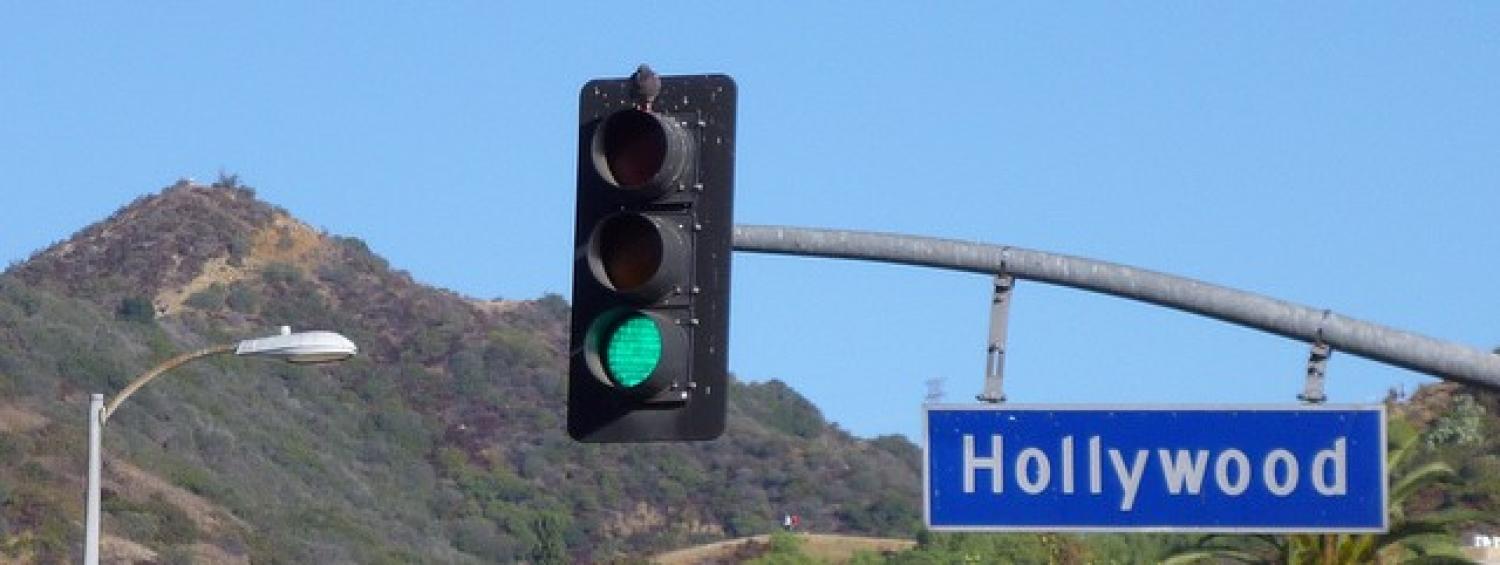Dalian Wanda’s Wang Jianlin, China’s richest man and owner of Wanda group, is close to finalising a deal which would give him control of Hollywood’s Dick Clark productions, valued at $US1 billion. Fear has spread throughout Hollywood that China’s propaganda machine is coming to Tinseltown. But how afraid should Hollywood be of Wang Jianlin?
With the purchase of Dick Clark Productions, responsible for staging the Golden Globes and the American Music Awards, Wang’s reach would extend to the glamourous side of Hollywood. The purchase would add another string to Wang’s entertainment bow, following his 2012 purchase of AMC Entertainment Holdings Inc and his 2016 purchase of Legendary Entertainment.
Accounting for his rapid entertainment expansion, Wang explained that he hoped to 'aid China’s entry into Hollywood…and promote Chinese culture abroad'. Expanding China’s soft power into film is the logical next step of the Chinese Communist Party (CCP) following its expansion into politics and media, within Australia and globally. As early as 2014, Xi Jinping had called for art to ‘disseminate contemporary Chinese values' and 'embody traditional Chinese culture’. Perhaps it's statements like these from Chinese leaders which have generated suspicions of Wang's motives for increasing his influence in Hollywood.
The US House of Representatives subcommittee is certainly suspicious. John Culberson, a Republican senator, asked the Department of Justice to assess Wang’s purchase to mitigate 'foreign propaganda influence over American media'. This intervention followed a September letter by 16 members of the US House of Representatives asking for the scope of the Committee on Foreign Investment to include the Chinese acquisition of US firms. Clearly there is concern within the US about encroaching Chinese propaganda.
So should Hollywood movie executives start stocking up on Xi Jinping’s The Governance of China in anticipation of the Chinese propaganda onslaught?
Well, not quite. While Wang wants to tell Chinese stories, it seems Chinese audiences are content to watch American ones. In 2015 Hollywood films accounted for almost 40% of China’s box office, despite government limits on the number of foreign films permitted to enter the Chinese market. For instance, over this Chinese summer the CCP relaxed its policy of restricting Hollywood films to be shown during the peak summer period. The latest Teenage Mutant Ninja Turtles and Tarzan were both released over the holiday period. The easing of this policy was partly done to boost the number of cinema-goers, which had fallen in the second half of this year. Declining number of film viewers is partly due to the glut of movie theatres in China, with over 20 new screens added per day, and the end of the discounting war that saw tickets being sold for as little as $2. Given the Chinese thirst for Western films, it seems unlikely that Wang’s purchase will lead to Communist storylines becoming the de-jure storyline of Hollywood films.
As previously written in the Interpreter, there is evidence that Hollywood films self-censors, even changing entire scenes to ensure their films meet the restrictions imposed by the Chinese State Administration of Press, Publication, Radio, Film and Television (SAPPRFT). Incentivised by Wang Jianlin’s announcement that he will give a subsidy of up to 40 per cent to studios that shoot films in China, some Hollywood directors will continue to self-censor in order to enter the Chinese market.
But the impact of this is not likely to be big. Where Hollywood excels (and China doesn’t) is a thriving market of independent filmmakers. Boutique Chinese filmmakers are hamstrung by layers of bureaucracy and censorship. In Hollywood, however, the abundance of production houses from arthouse to large corporations such as Netflix, ensures that American audiences have a plethora of options when it comes to their entertainment.
If Wang really wanted to become a force of Chinese propaganda in America, he could as owner of AMC decide to show only Chinese politically correct films in his cinemas. However, he would likely face a long legal battle. In 2015 the Justice Department forced AMC to sell movie theatres to protect competition. In any event, with the rise of streaming and video on demand services, American audiences are more likely to stay at home and watch Netflix than go out and see a propaganda-lite film.
China’s expanding cultural and and political influence is no doubt of concern to some. But in a time of proliferating entertainment options, concern over China’s expanding influence in the film industry is overrated. The beauty of on demand entertainment is if viewers don’t like what they see, they can just say no.
Photo: Flickr user Shinya Suzuki and Getty Images/VCG
